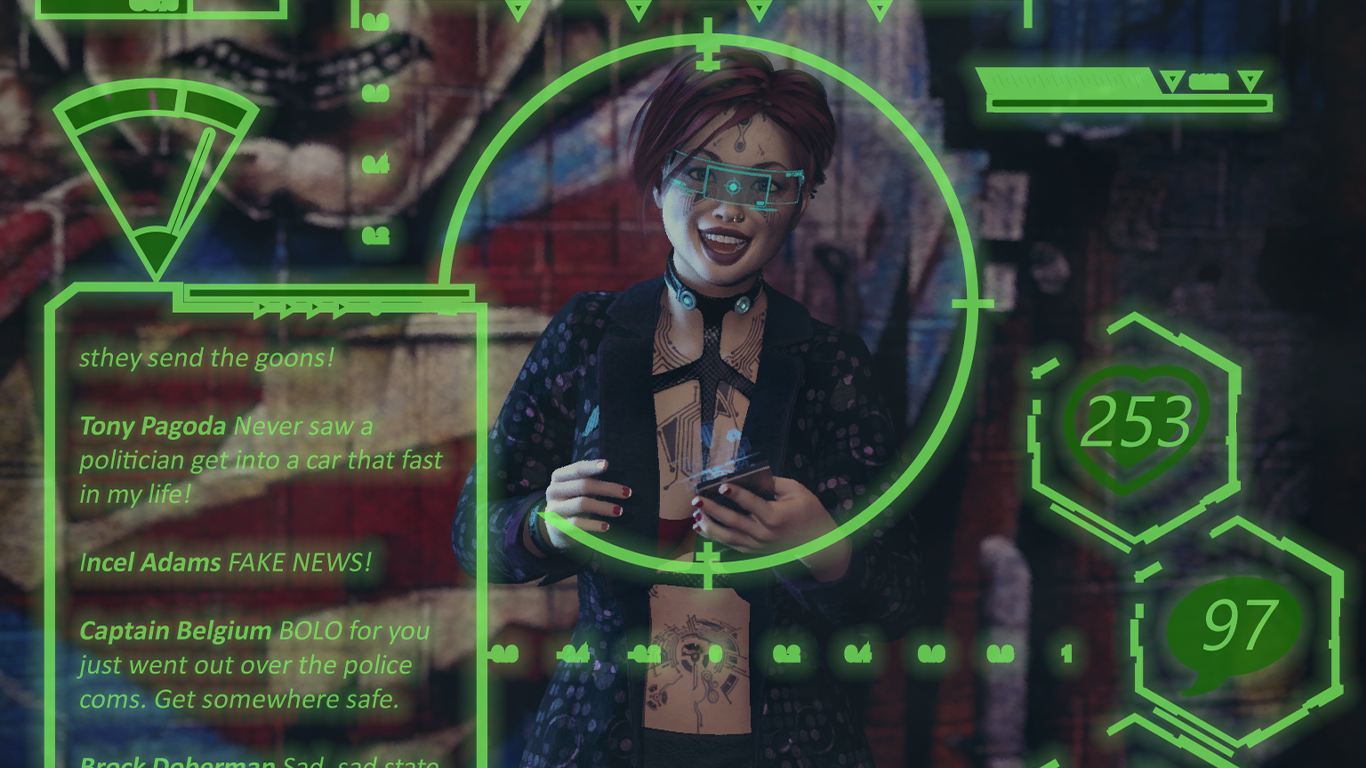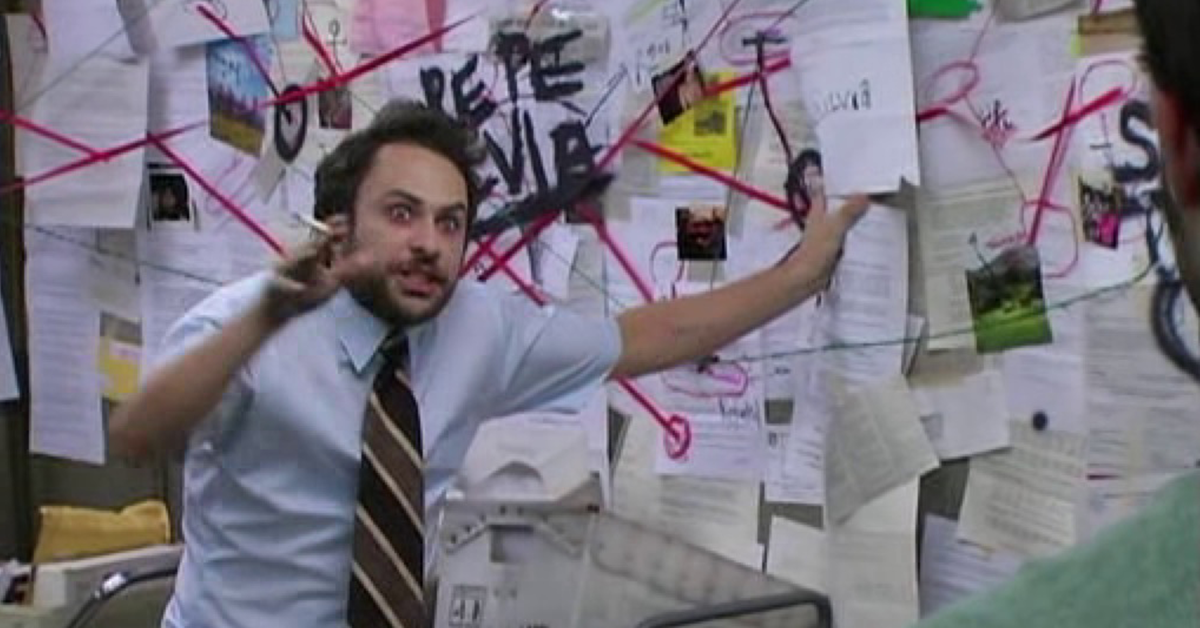We may earn money or products from the companies mentioned in this post.
When Snakes on a Plane came out, Samuel L. Jackson told a story on the talk show circuit about how Snakes on a Plane was just the working title of the movie and it was supposed to be renamed something like “Terror at 10,000 Feet.” In Jackson’s version, he’s the one that convinced the producers to keep the name after he explained that anyone who wasn’t ready to buy a ticket the second they heard “Snakes on a Plane” was not part of the target audience for the movie. Calling something else would just lose potential fans and alienate people who were not going to like the movie no matter what is was called. He probably threw a “motherfucker” in there somewhere, but that’s the gist.
Jackson was partially right. The “just what it says on the poster” advertising definitely sold a lot of tickets to Snakes on a Plane. Unfortunately, once you get past the snakes and the plane, the movie is a pretty straightforward action/horror flick with some comedy thrown in. It’s fun to watch, but doesn’t really deliver the kind of deeply dumb awesomeness that I was hoping for from a movie starring Samuel L. Jackson called Snakes on a Plane. They didn’t quite want to admit that the entire appeal of the movie was in the title and tried to dress it up like something more –I don’t know, maybe “respectable” or “grown up?”–than it had any right to be.
Hollywood’s always making bad decisions like that because the whole system hates creativity, but the problem isn’t restricted to Hollywood. Americans in general just aren’t really comfortable with absurdity or even anything “too weird.” We always have to try to explain it or dress it up with logic or science or something that makes it seem “realistic.” Apparently a walking corpse that wants to drink your blood because of some kind of plague is somehow not as silly as a walking corpse that wants to drink your blood just because. Grant Morrison summed it up nicely in Supergods:
“Adults…struggle desperately with fiction, demanding constantly that it conform to the rules of everyday life. Adults foolishly demand to know how Superman can possibly fly, or how Batman can possibly run a multibillion-dollar business empire during the day and fight crime at night, when the answer is obvious even to the smallest child: because it’s not real.”
For some things, we can accept that it’s not real. We can watch Scooby Doo our whole lives without ever once wondering why the dog talks, because it’s a cartoon. We can watch Sharknado and enjoy the hell out of it because it’s a dumb Scify movie starring Tara Reid and the guy from Beverly Hills 90210. We don’t care that these things are stupid for some reason, maybe because we don’t expect them to be “serious” (whatever that means). If Sharknado had starred Jason Statham or Bradley Cooper and gotten a theatrical release, it probably would have been panned as one of the worst movies ever made (and probably would have been called something much less satisfying than Sharknado) because most people wouldn’t have accepted it for the dumb fun it was. That (and a horribly misleading marketing campaign) is why Hudson Hawk is considered one of the worst movies of all times when it’s not a bad movie, just a movie that isn’t ashamed of its goofiness. Bruce Willis and Danny Aiello are singing cat burglars who get blackmailed into stealing pieces of Da Vinci’s gold machine! What’s not to love?
Basically, we have a lot of trouble accepting that something can be both absurd and worthwhile. Because some random firing of neurons tells people that something is no longer just “dumb fun” and is now SOMETHING SERIOUS and they lose all ability to appreciate dumb shit just because it’s entertaining. Suddenly the dumb shit has to grow up (unless they can label it “satire” or “parody” and pretend it has an ulterior motive) or rationalized until the fun is sucked out of it. I’ve written before about how we had to deal with this problem constantly with QAGS. Since the rulebook has jokes, it’s a “silly game” and we still run into people who are surprised when they find out that you can run a “serious” game using a rulebook that’s fun to read.
In Tropic Thunder, Robert Downey, Jr. explains to Ben Stiller that “you never go full retard.” I disagree. Maybe it’s the result of too much Discordianism and Dr. Demento, but the switch in my brain that’s supposed to tell me when absurdity is no longer acceptable doesn’t work right, so I think that sometimes the best thing you can do is go full retard. Willingness to commit to a stupid idea without shame leads to things like the muppet episode of Angel and The Dumb Jousting Movie With The Kid From The Patriot and Machete 2. Of course, since it’s not very polite to talk about going full retard, I like to think of it as “embracing the stupid.” That’s why I write games about sharks and fratboys and Eris building a whole word because she wants some cheese. As a great man (Weird Al Yankovic) once said:
I also do stupid things on Patreon.





